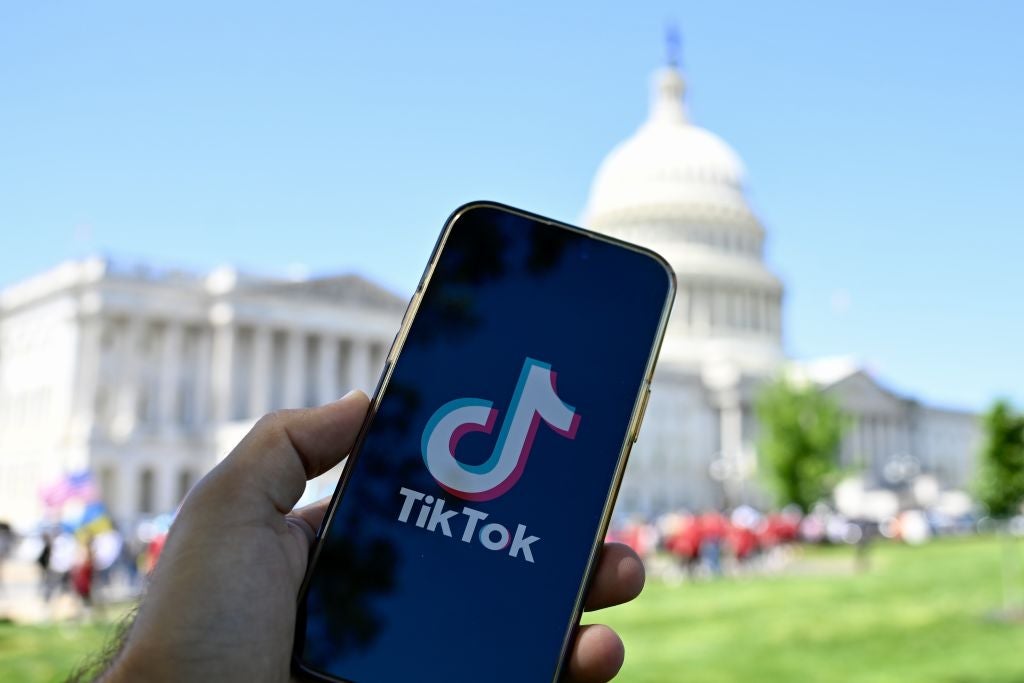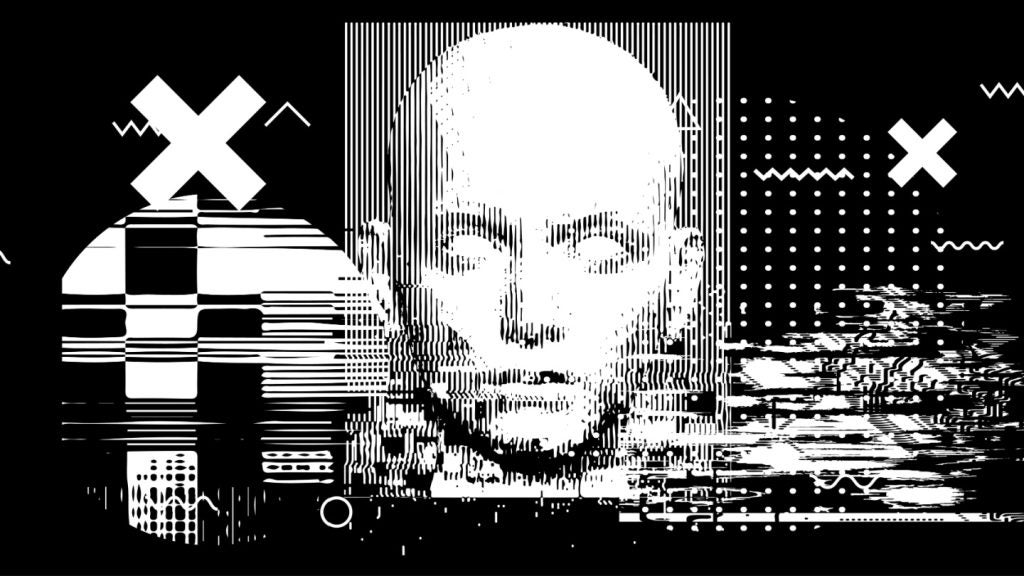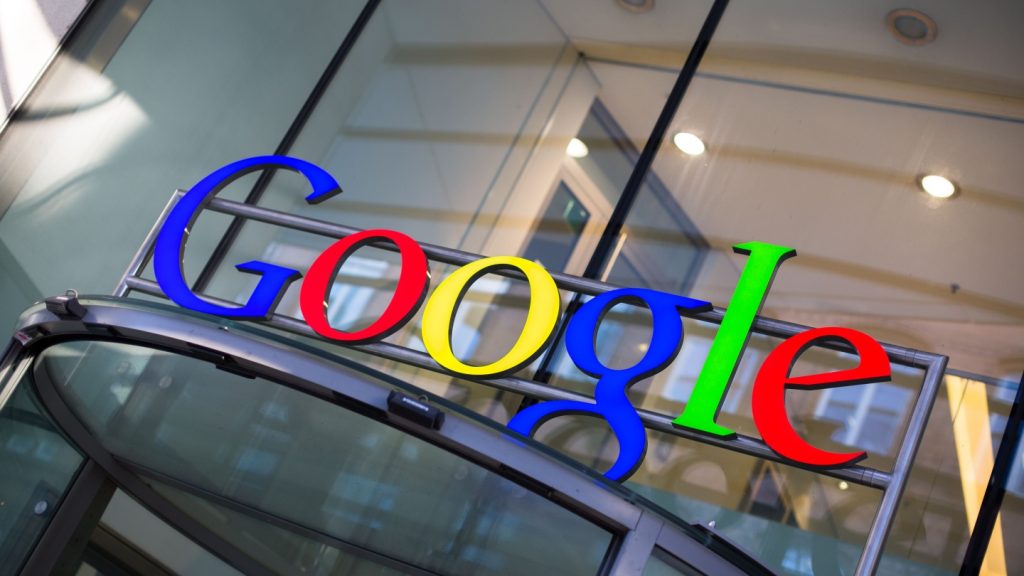
US President Joe Biden is expected to sign the controversial TikTok bill into law on Wednesday (24 April), giving TikTok’s Chinese owner ByteDance just 270 days to divest its US assets.
On Tuesday (23 April), the US Senate passed the legislation that could see the popular video-sharing application banned nationwide.
If President Biden does sign the bill into law this week, the 270-day period set for divesting the company’s US assets will end around the time of the inauguration of the next US President on 20 January 2025. This will leave the decision of extending the grace-period by an extra three months to the incoming President.
“The battle over TikTok has become an important front in the geopolitical conflict between the US and China,” Laura Petrone, principal analyst at research and analysis company GlobalData, told Verdict. “It reflects a broader divergence over technology standards and regulations underpinning the internet.”
Why does the US want TikTok banned?
The TikTok bill passed the House of Representatives in March after being waived through the economics committee with a unanimous 50-0 vote. The final hurdle was the US Senate, where it passed on Tuesday.
Lawmakers supporting the bill have warned that the Chinese Communist Party (CCP) may use TikTok as a tool to monitor US user data or disseminate CCP propaganda. The app is currently used by approximately 170 million Americans.
How well do you really know your competitors?
Access the most comprehensive Company Profiles on the market, powered by GlobalData. Save hours of research. Gain competitive edge.

Thank you!
Your download email will arrive shortly
Not ready to buy yet? Download a free sample
We are confident about the unique quality of our Company Profiles. However, we want you to make the most beneficial decision for your business, so we offer a free sample that you can download by submitting the below form
By GlobalDataRepresentative Frank Pallone said he hopes the divestment of TikTok will enable Americans to “continue to use this and other similarly situated platforms without the risk that they are being operated and controlled by our adversaries”.
TikTok continues to refute claims that it has, or ever will, share US user data with Chinese authorities.
Jake Moore, global cybersecurity advisor at ESET, told Verdict that the problem is not about the amount of data being collected.
“TikTok data collection is very similar to other social media platforms such as Facebook or Instagram but the problem with TikTok is not the amount of data collected but who they are potentially sharing it with,” Moore said.
Moore said the government’s consideration of banning the application should remain a healthy reminder to individuals to be aware of what data their apps are monitoring.
What will TikTok do next?
It is likely that ByteDance will launch a legal retaliation against the bill once it is signed into law.
According to a leaked internal memo reported by The Information, Michael Beckerman, head of public policy for the Americas and TikTok vice president, told TikTok staff: “At the stage that the bill is signed, we will move to the courts for a legal challenge.
“We’ll continue to fight, as this legislation is a clear violation of the First Amendment rights of the 170 million Americans on TikTok.”
On Sunday (April 22), a TikTok spokesperson stated that a US-wide ban of the application would “trample” on free speech.
“It is unfortunate that the House of Representatives is using the cover of important foreign and humanitarian assistance to once again jam through a ban bill that would trample the free speech rights of 170 million Americans,” TikTok spokesperson Alex Haurek said.
TikTok’s lawyers are expected to ask the court for a preliminary injunction. This would bar the enforcement of the bill and allow the company to present its full case in challenging the law.
If this is granted to the company, the court proceedings are unlikely to be completed by the end of the year. This may also mean that TikTok will be able to operate for longer in the US as the forced sale process will be halted.
“ByteDance is very likely to challenge the legislation in US courts, and it might be successful, as in the case of the Montana ban, which was blocked by a federal judge for possible violation of the First Amendment,” Petrone told Verdict.
Many experts believe the chance of ByteDance selling TikTok to a US company is unlikely due to China’s strict measures on foreign businesses.
“If Biden signs the bill into law, the chance of it being sold to the US is rather slim but ByteDance are unlikely to back down without a fight,” Moore said.
“Even pushing the app underground behind VPN software is a more likely outcome – similar to how some Western apps are accessed in China,” he added.







